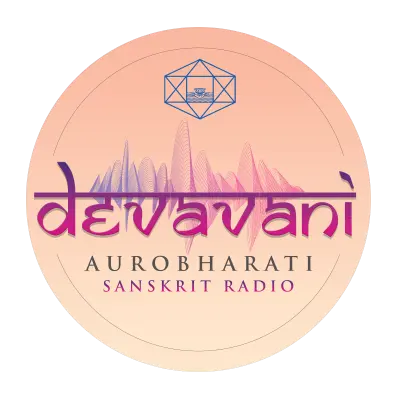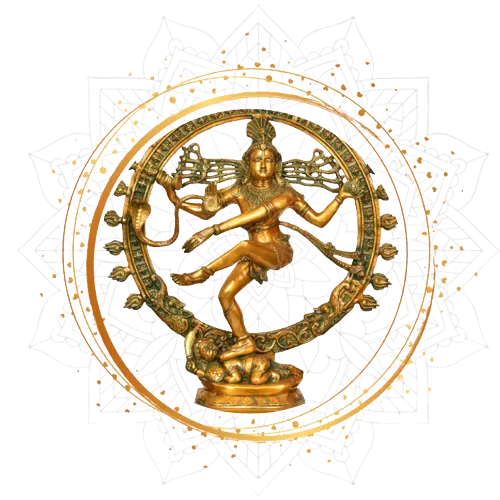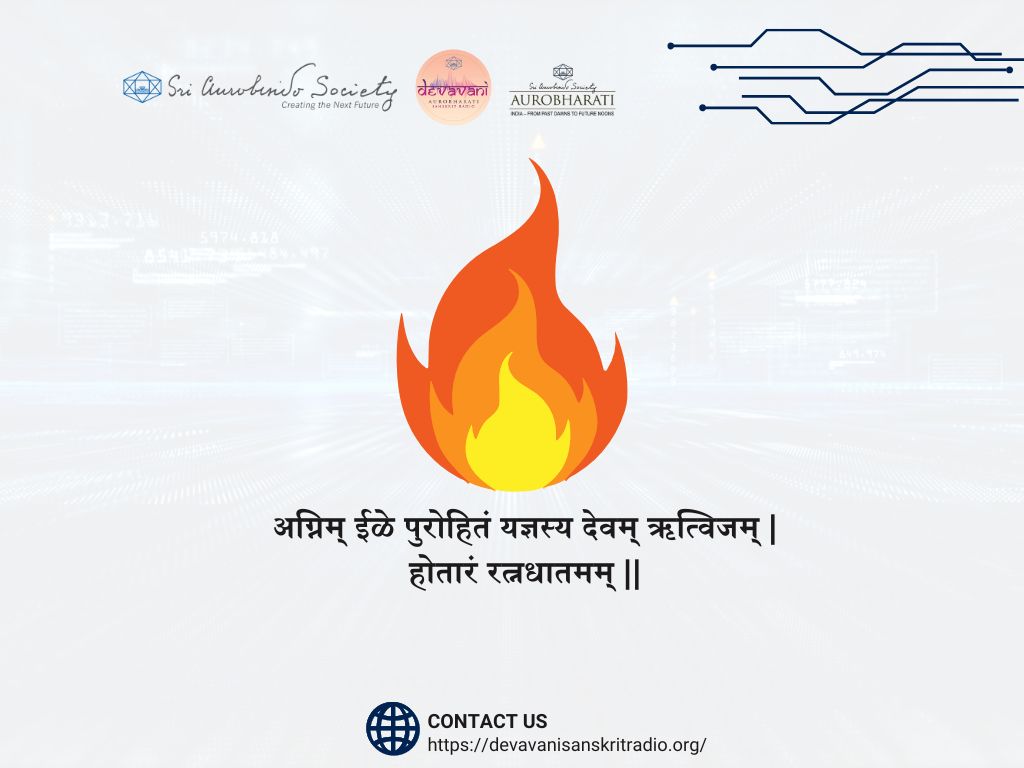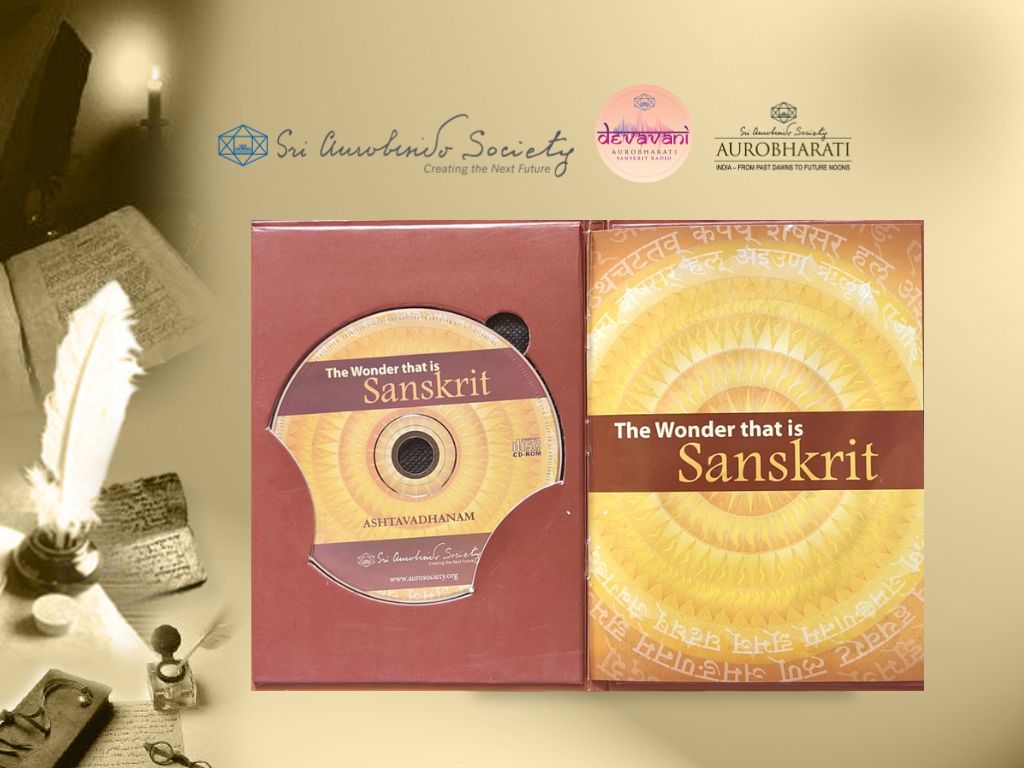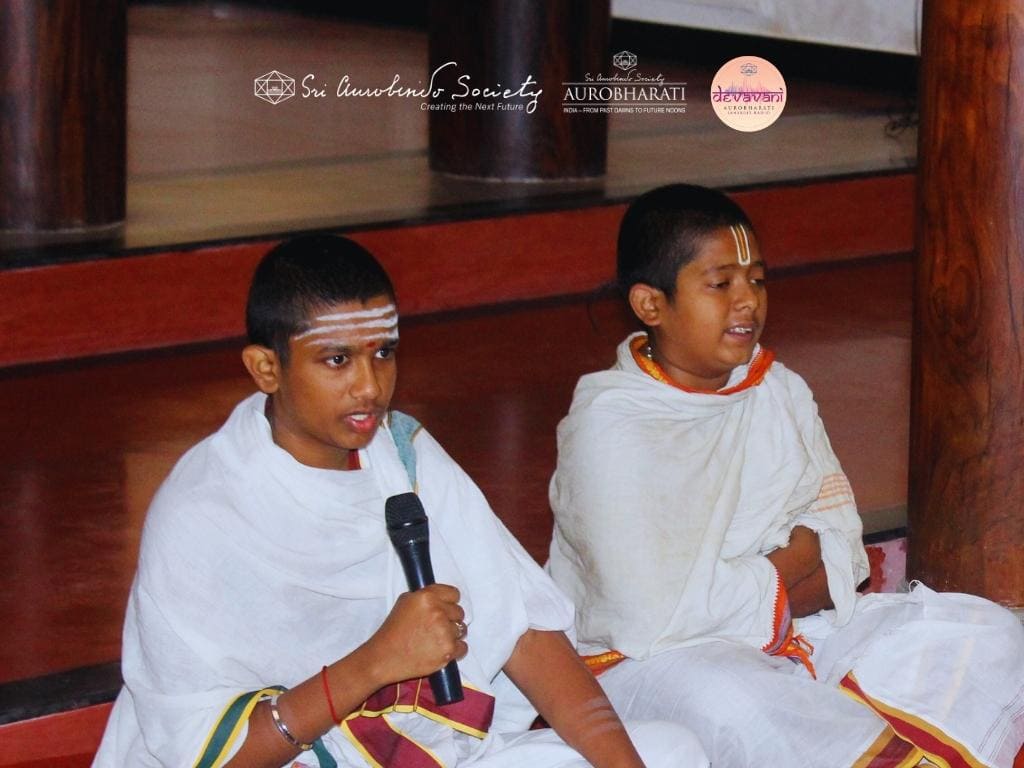Samskritam
Sanskrit is the language in which India’s soul is reflected and expressed. Sanskrit as a language is fully conscious of itself, it can also be a means to become more conscious of our experiences, feelings and thoughts. We cannot claim to study India without spending some time on exploring and studying one of India’s most significant contributions to the humanity –Sanskrit language. We focus on developing a sound appreciation of some key aspects of Sanskrit, considered as the source of many other languages of the world.
